Managing multiple tables, customers, and orders is a challenge for restaurant owners. Not only for owners but even for customers. They have to search for a restaurant, visit it, wait for the table to get vacant, order food, wait for it to come, and finish the meal.
What if we say that restaurant owners can book tables in advance and customers can spend less time searching and more time dining? The system is called the restaurant reservation system and is completely equipped with digital technology.
An excellent example of a restaurant reservation system app is OpenTable. The platform supports a reservation system for over 50,000 restaurants, giving businesses a wide range of options. Nearly 66% of US diners eat out at least once a week where customers look for reserving or modifying tables right from the comfort of their homes. Furthermore, restaurants can manage everything smoothly with a system like this.
If you are looking to build a restaurant reservation app for your business or an app like OpenTable, then this is the ultimate guide to follow.
Table of Contents
Types Of Restaurant Reservation Models For Businesses
Before planning the restaurant reservation app development, it is important to understand the types of systems for businesses. There are two restaurant reservation systems available for businesses.
Individual Model
This is the open table guest centre model that can actually solve your problem if you are a restaurant owner and want your own reservation system. Here, you can either build your own digital transformation strategy or hire a digital transformation partner. You have full control over reservations from customers since the digital platform is owned, built, and customized by you.
Pros
- Long-term customer conversion rates
- Full ownership of the customer base
- Customer data stays with you
- Direct communication with you
- Higher revenue
Cons
- Investment is required, but it is easily recovered.
Third-Party Collaboration Model
This is the exact model that an app like OpenTable follows. Here, restaurants collaborate with third-party apps like OpenTable and register themselves with them. Customers download and use these apps to reserve tables in restaurants of their own choice. Let us take a look at the pros and cons of this type of restaurant reservation model.
Pros
- Boosted the visibility of your restaurant to more customers
- Marketing support with the app since applications market on digital platforms
- No investment is required to increase the customer base
Cons
- Less control over bookings since these are managed by third-party applications
- All your customers’ data is with a third-party
- There are no long-term clients because it is more of a one-way process.
- No direct communication with customers
- Profit is divided by the third-party application
Benefits Of Building A Restaurant Reservation System For Your Business
You must be wondering about the benefits of building a digital restaurant reservation system for your business. There are ample benefits for online food ordering systems and reservation systems. Let us cover that in detail.
For Restaurants
- Increased accuracy since employees working in a restaurant might mistake the table number, causing loss to restaurant owners
- Maximum table turnover with the help of table reservation time predictions
- Better customer experience
- Customer profiling and sending personalized offers
- Better staff management due to everything reserved and planned in advance
- Digitalization of business with two-way digital communication
For Customers
- Quick billing and checkout right from their smartphone devices
- Hustle-free dining experience
- Remote booking right from the comfort of your house
- Manage order and history
Process To Develop A Restaurant Reservation App Like OpenTable
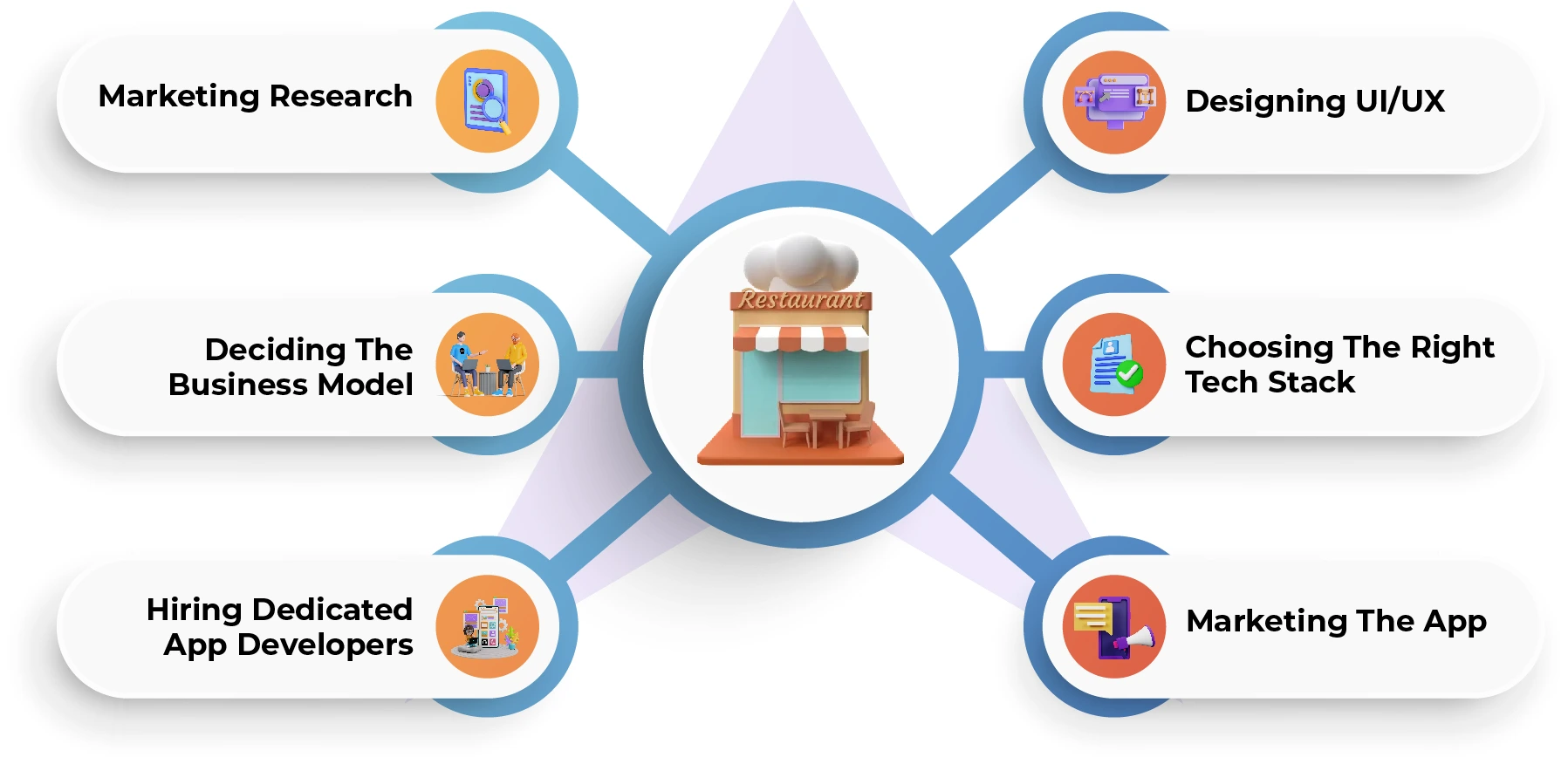
So, now that you have seen the benefits that restaurant reservation systems bring, we are ready to understand the restaurant reservation app development process after researching the OpenTable system design.
- Marketing Research: The very first step is to analyse the audience, identify the competition, and prepare the strategies.
- Deciding The Business Model: Here, you have to determine the monetization strategies. We will study this in detail in the later sections.
- Hiring Dedicated App Developers: Research companies, compare prices, and analyze the portfolio before agreeing to the final deal closure.
- Designing UI/UX: Plan the prototype of your application in terms of its looks, theme, and overall user experience so that you can convey your app development partner efficiently.
- Choosing The Right Tech Stack: This is also a crucial app development process. Here is how you should plan your tech stack according to the desired platform:(a) For iOS app development, Swift and Objective-C should be your ideal choices.
(b) For Android app development, the ideal choice should be Kotlin and Java technologies.
(c) For cross-platform app development, Flutter and React Native app development should be your picks. - Marketing The App: Now that you are done with all these strategies, it is time to plan your marketing strategy so that your application sails through the market flawlessly and reaches a wider customer base.
Features Of The Restaurant Reservation App
While determining features, you have to perform strong market research. What features are loved by users, and what features are offered by competitors? Additionally, to give you an idea, here are the features of the Restaurant Reservation app idea.
For Restaurant
- Login (authorization)
- Table configuration (availability, reservation, timeframe)
- Payment/Managing the orders, payments
For Customers
- Login/Sign up
- Restaurant searching (if you are building a third-party app)
- Table booking, canceling, and modifying
- Menu cart
- Payment modes (ensure app security)
- Social sharing options for a better customer experience
Read More: Key Features and Functionalities to Build a Successful Food Delivery App
How Do Restaurant Reservation Apps Make Money?
This section is important if you are planning to use an app like OpenTable. If you are building an app for your restaurant, then you might skip this step. However, you can still implement some of them to maximize your revenue and growth.
- Subscription-Based Models: Adding pro features like waitlist management and floor plan management into a subscription model.
- VIP Exclusive Reservations: Let users book exclusive VIP tables by charging premium fees.
- Special Food Combos: Some apps unlock special food combos only from their app, where customers pay for special meals.
- Paid App: You can make your application completely paid right in the App Store and Play Store.
- Advertisements: By showing ads to customers, you can earn money; however, make sure that the user experience stays stable.
- Reservation Fees: You can charge reservation fees on every table customers book.
Read More: Major Revenue & Engagement Factors For A Food Delivery App
Ready For The Digital Transformation Of Your Restaurant Or To Build Apps Like OpenTable?
We have built dozens of applications for the food industry. And our clients are earning massive revenue and registering continuous growth in every fiscal year. Why? We have an in-house team of top-class developers, designers, managers, and analysts. RipenApps has been recognized by leading media publications as a leading digital transformation partner, and leading restaurant app development company. No matter if you are looking for a digital transformation or want to build apps like OpenTable, we are equipped with everything you need.

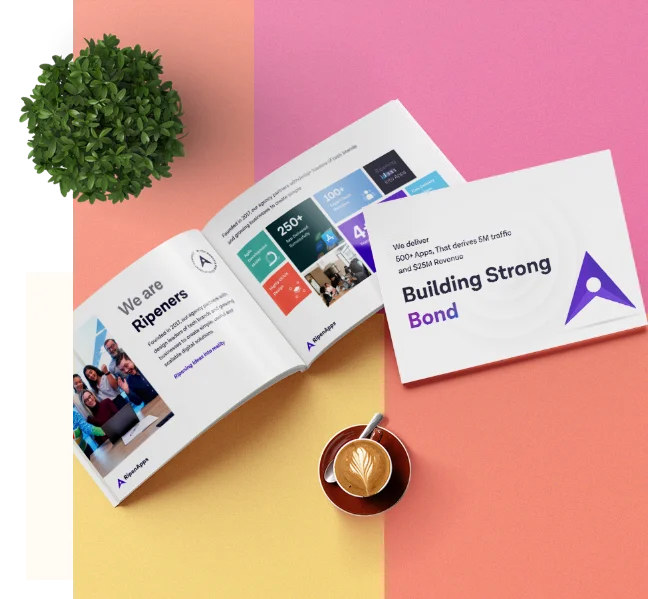
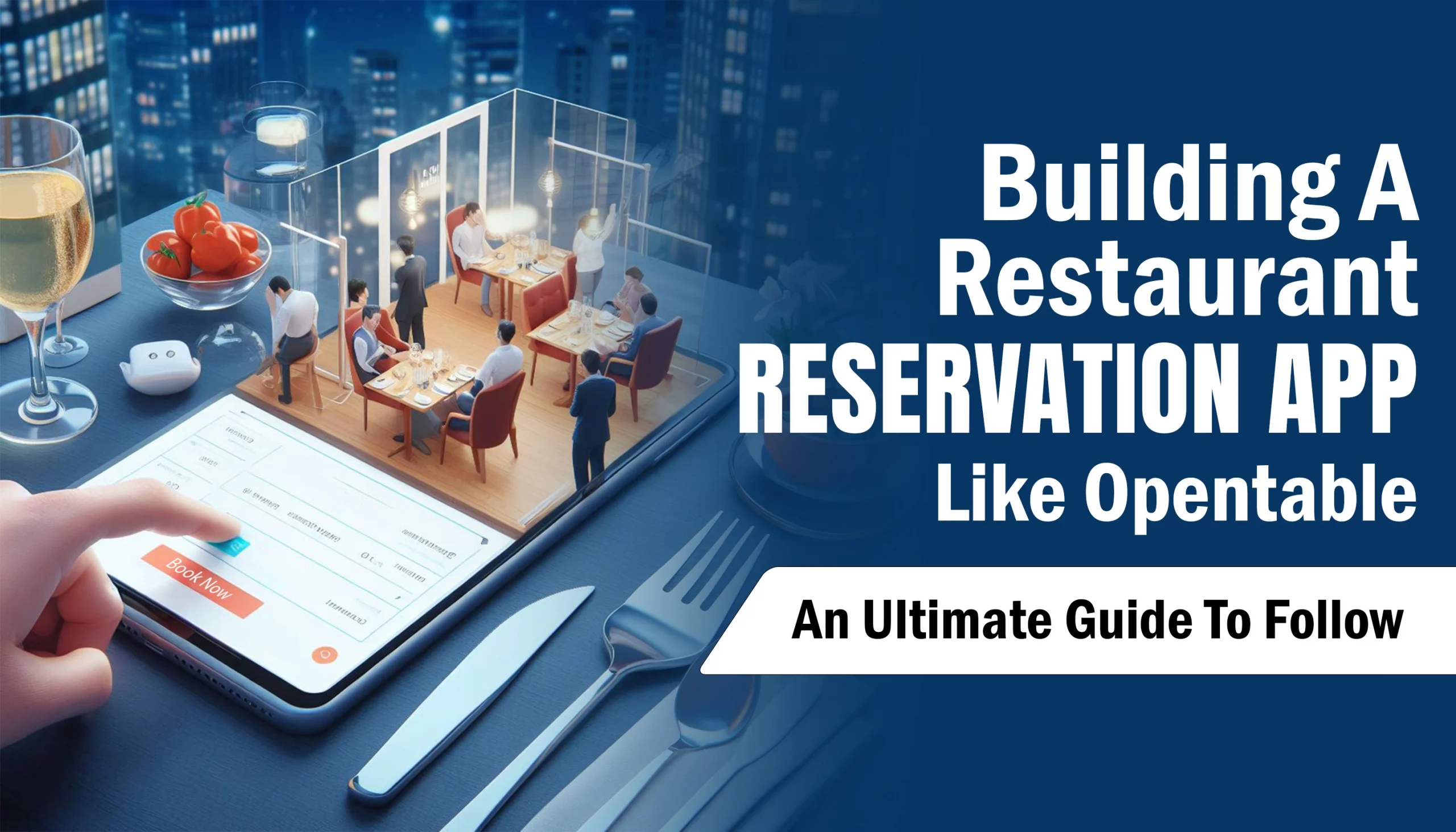




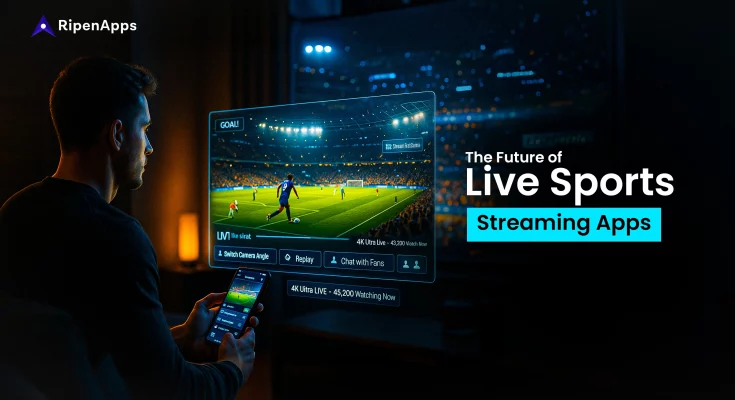
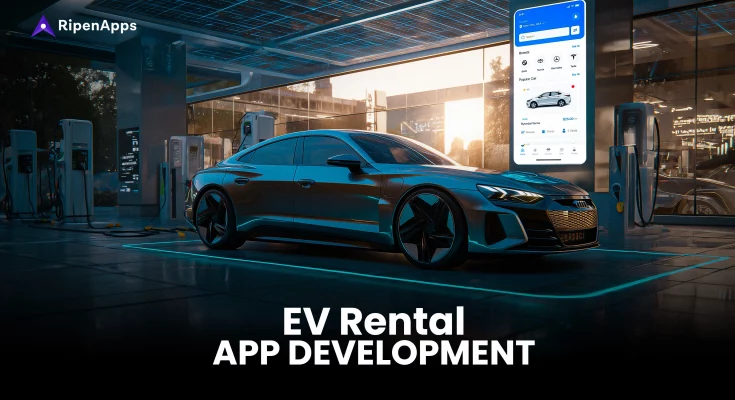
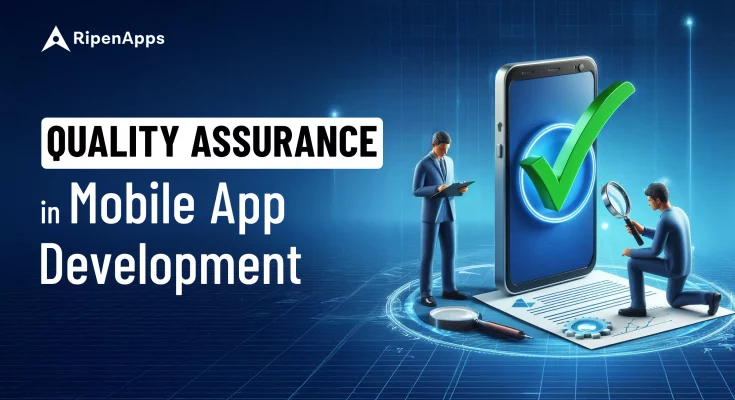

 India
India USA
USA Australia
Australia Canada
Canada UK
UK UAE
UAE
